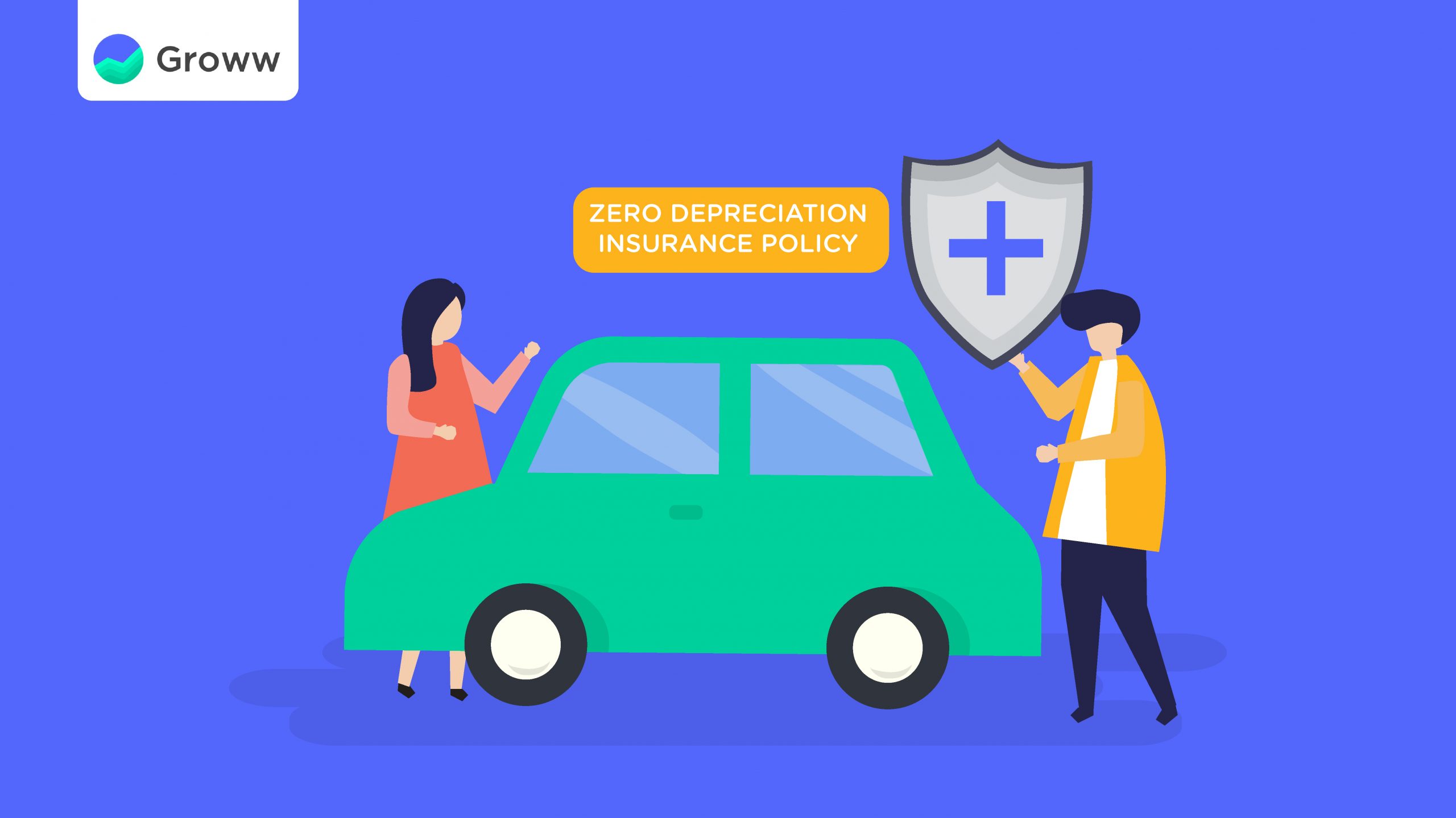Can a Zero Depreciation Car Insurance Policy Benefits You?

The value of a car depreciates over time due to regular wear and tear. As a result, this devaluation impacts the claim settlement process and hinders one from recovering the cost of repairs and replacements. However, car owners can avoid such circumstances by opting for zero-depreciation car insurance.
A zero-depreciation car insurance policy offers several benefits, including full coverage of car parts without any deduction for depreciation, protection against monetary losses due to car damages, and peace of mind during uncertain situations. However, weighing the advantages against the higher premium costs is essential before deciding.
Understanding Zero Depreciation Car Insurance Policy
It is a comprehensive car insurance plan with zero depreciation’ as an add-on cover. Every motor insurance policy accounts for the vehicle's depreciation, even if the car is only three months old.
So if this cover is opted for, insurers will leave out the depreciation at the time of claim. Thereby offering complete cover to policyholders.
For instance, if an individual’s car undergoes damages due to a collision, their insurer will not deduct any sum from the claim amount under depreciation. The insurance provider will, therefore, bear the total expenses of replacements.
Who Can Opt for Zero Depreciation Car Insurance?
Anyone who owns a car in India can opt for Zero Depreciation Insurance.
It is available for both new and old cars. However, the eligibility criteria may vary depending on the car's age and the insurance company's policy. Therefore, checking with the insurance company before purchasing the policy is advisable.
Should You Opt for a Zero Depreciation Car Insurance?
Zero Depreciation Car Insurance, also known as Nil Depreciation or Bumper-to-Bumper insurance, is a comprehensive car insurance policy that offers coverage for the entire value of your car without considering depreciation.
Pros
-
No Reduction in Claim Amount
The policy covers repairing or replacing parts without any depreciation deduction.
-
Maximum Coverage
In case of a total loss or theft, the insurance company will analyse the IDV (Insured Declared Value) and pay the maximum sum after deducting the car's depreciation cost.
-
Peace of Mind
You will not have to worry about the declining value of your car and the impact it might have on your claim amount.
You may also want to know the 5 Best Car Insurance Policies in India
Cons
-
Higher Premiums
Zero Depreciation Car Insurance is more expensive than regular car insurance policies due to the comprehensive coverage offered.
-
Limited Policy Term
The policy is usually only valid for a limited time, 2 to 3 years.
-
Limited Coverage
The policy only covers parts and accessories of the car, not the engine, gearbox, or battery.
Ultimately, choosing a Zero Depreciation Car Insurance policy will depend on your car's value, budget, and the level of coverage you require. Therefore, comparing various insurance policies and considering your specific needs is always recommended before deciding.
Benefits of Zero Depreciation Car Insurance Policy
-
No Hidden Costs
The policyholder does not have to bear any unexpected or additional costs during the claim process, as the insurance company covers all the expenses.
-
Extensive Coverage
The premium for zero depreciation insurance is usually higher than a standard insurance policy, but it offers good coverage.
-
Faster Claims Process
As there is no need to calculate the depreciation value of the damaged parts, the claim process is quicker and more efficient.
-
Protects Resale Value
By covering the cost of replacements and repairs without considering depreciation, the zero depreciation policy protects the vehicle's resale value.
-
Better Protection
This type of insurance offers better protection against accidents and other risks that may cause damage to the vehicle.
Conclusion
If one is planning to purchase this type of insurance, one should keep a few points in mind, such as the following-
- As mentioned earlier, a car should be new or less than five years old to be applicable.
- Owners of commercial vehicles cannot opt for this type of plan as it is restricted to privately-owned cars.
- Zero depreciation car insurance only extends coverage against the depreciation costs of a car’s parts. Therefore, such plans do not cover one’s compulsory deductibles.